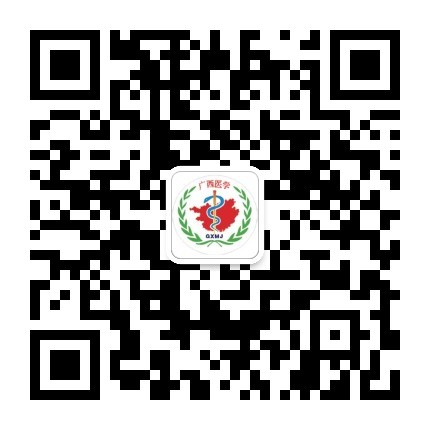孤独症谱系障碍(ASD)是一组具有高度遗传异质性的神经发育障碍性疾病。除了神经症状,许多ASD儿童常合并胃肠道症状。越来越多的证据表明,ASD儿童肠道菌群的组成发生显著变化,异常的肠道菌群可能通过微生物⁃肠⁃脑轴参与ASD的发生和发展。目前,尚无有效的药物改善ASD的核心症状。本文针对肠道微生态菌群及其代谢产物与ASD之间的潜在关系,以及微生态疗法(益生菌、益生元、粪菌移植)在ASD中的应用价值展开综述,旨在为改善ASD儿童核心症状提供更多的参考。
广西医学 页码:20-25
作者机构:龙开贤,硕士,副主任医师,研究方向为中枢神经系统感染和周围神经系统。
基金信息:广西医科大学第一附属医院临床研究攀登计划青年科技启明星计划项目(YYZS2020019)
- 中文简介
- 英文简介
- 参考文献
Autism spectrum disorder (ASD) is diseases of neurodevelopmental disorder with high genetic heterogeneity. Except for neurological symptoms, a lot of ASD children usually exhibit concomitant gastrointestinal symptoms. Increasing evidences indicate that the composition of intestinal flora in ASD children changes significantly, and abnormal intestinal flora may be involved in the occurrence and development of ASD through the microbe⁃intestine⁃brain axis. At present, there is no effective drug to ameliorate the core symptoms of ASD. In this review, the potential relation of intestinal microecological flora and its metabolites with ASD, and microecotherapy such as probiotics, prebiotics, and fecal microbiota transplantation in the application values of ASD are summarized, aiming at providing more references for ameliorating the core symptoms of ASD children.
-
无




 注册
注册 忘记密码
忘记密码 忘记用户名
忘记用户名 专家账号密码找回
专家账号密码找回 下载
下载 收藏
收藏
